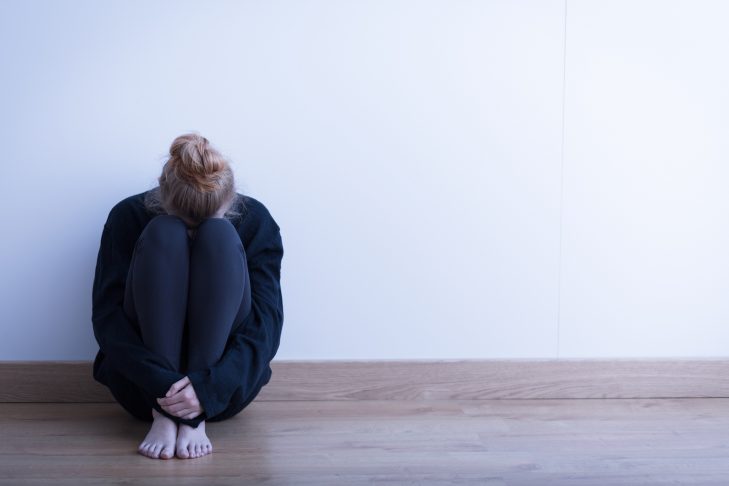While social distancing can be extremely beneficial in slowing down the spread of the coronavirus, it is contributing to feelings of loneliness because people have to be separated from family and friends. Additionally, a study by Dr. Samantha Brooks of King’s College London reports that social distancing is creating various mental health issues, such as trauma, confusion and anger.
A common feeling among people now is exhaustion, despite not doing much other than staying home. According to a The New York Times article, “Mental Health in the Age of the Coronavirus” by David Brooks, the feeling of exhaustion is created because “there’s an invisible current of dread running through the world. It messes with your attention span…. Part of the cause is the unconscious stress flowing through us.” This explains the lack of motivation many people are experiencing.
Despite the discouraging data that shows the negative impact isolation has on mental health, there are many useful ways for people to keep a healthy mindset during these difficult times. One way to do this is by exercising. An article from the Primary Care Companion to The Journal of Clinical Psychiatry titled “Exercise for Mental Health” by doctors A. Sharma, V. Madaan and F. D. Petty states, “Aerobic exercises, including jogging, swimming, cycling, walking, gardening, and dancing, have been proved to reduce anxiety and depression.”
Other ways to stay mentally healthy during social distancing are by talking to family and friends about issues or concerns and by staying in contact with others through technology. When asked how to keep a healthy mindset during these times, Julia ’20, responded, “Things that have helped me are talking about how I’m feeling with my family to work out any issues that I’ve been struggling with.”
There are many ways to stay in contact with people even though we cannot be face to face. Sivan ’23 suggested “us[ing] FaceTime and other forms of online communication to keep in touch with friends!” Avigail ’23 elaborated, “Having the opportunity to talk to my friends about everyday life and relatable moments makes me feel as if I’m not alone and allows me to understand that everyone is going through the same things that I am.”
Fortunately, Gann is providing outlets to support students during these unprecedented times. School psychologist Dr. June Bowman has been meeting remotely with students throughout the switch to online learning and has found that many are feeling uncertain about the coronavirus and are disappointed about what has been canceled or will be missed due to this unexpected situation.
Another way for students to express their opinions and worries is during Jewish Journey Fridays, which some Jewish studies teachers have begun as they teach online. On these days, the teacher guides the class in a discussion about processing the challenges of this situation from a Jewish perspective. Jewish studies teacher Stephanie Hoffman explained that through these Fridays, she “wanted to provide students the opportunity to acknowledge what is happening in the world right now, that they can’t control everything, but that they may be able to control and focus on certain things they can do in these circumstances.”
Gann is also providing numerous ways for students to stay connected to the community. Over the Passover break, more than 20 programmed events took place over Zoom, including two senior grade hangouts, yoga, Party Israel and a debate about the Netflix series “Tiger King.” All of these events helped students stay connected to the Gann community.
In these uncertain and scary times, it’s important to stay mentally healthy and reach out if you need help.
Originally published at shevuonhatichon.com.
This post has been contributed by a third party. The opinions, facts and any media content are presented solely by the author, and JewishBoston assumes no responsibility for them. Want to add your voice to the conversation? Publish your own post here. MORE


